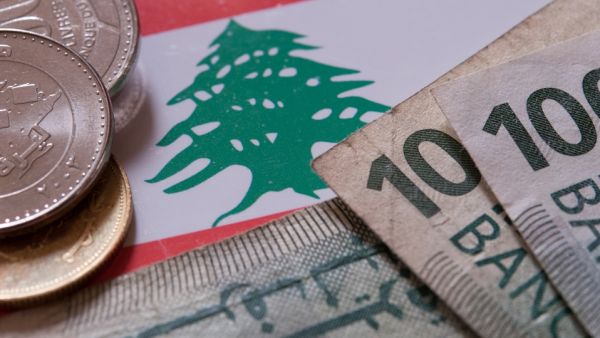If Lebanon wants to see any money from CEDRE soon, it needs get serious about implementing reforms, World Bank Vice President for Middle East and North Africa Farid Belhaj said. “If it fails to do so, the amount will be zero - let me be very clear about that. Zero,” he emphasized.
“This is something that every single decision-maker in Lebanon will know. CEDRE is a contract; they [those who made pledges at CEDRE] have reforms that can be financed. If you don’t get reforms, there will be no financing.”
Friday, Belhaj met with Finance Minister Ali Hassan Khalil to discuss with him recent efforts to implement badly needed reforms.
“These reforms, despite their start, still do not rise to the level expected, and this is what we said frankly to the Lebanese government,” Belhaj said after the meeting.
Belhaj made his comments in response to a question by The Daily Star at a panel titled “The MENA Region: From Transition to Transformation,” which took place Thursday evening at the Carnegie Middle East Center in Beirut.
Belhaj even had a suggestion for the first reform to tackle. “One word: electricity,” he said.
“The ideal place to start with said reforms is with an overhaul of the electricity sector, as subsidies are being thrown away to sustain a malfunctioning sector.”
He reasoned electricity is not only one of the main building blocks for a functioning society but is also an absolute must to attract investors, something Lebanon is in dire need of.
Belhaj, who was previously the World Bank director in Beirut, couldn’t help but express a mix of what seemed to be sheer incredulity and admiration for Lebanon’s famed resilience.
After stating that the Lebanese economy is “defying gravity,” he proceeded to use the analogy of “a man who jumps out of a window and, while he falls down, keeps repeating to himself “so far, so good,” seemingly referring to the famous ‘jusqu’ici tout va bien’ scene from the 1995 film “La Haine,” which, befittingly, held up a mirror to modern France’s social ills.
Commenting on the social ills of the Arab region, Belhaj said its decision-makers are not aiming as high as they should.
However, he emphasized the fact that, for their part, citizens should not forego their responsibility.
“People create their own government system. I believe that during that time [before the Arab Spring] there was some kind of tacit social contract between the citizens and their government.
Read More
Will 2019 Be a Better Year for Lebanon's Economy?
US Official: Tough Decisions Required to Help Lebanon's Crumbling Economy
“This social contract had two components: ‘I give you free goods, you shut up. I give you education, health [insurance] - even if not of very good quality - I give you social protection, I give you water, electricity, sanitation, that you pay peanuts for.’”
But the other side of the equation was that leaders alone were building the nation.
“In that sense, again, ‘shut up, we are moving ahead with our corrupt ways and we don’t want anyone to get in the way.’” As long as both sides were meeting their end of the bargain, the situation was “stagnatingly stable,” Belhaj noted.
Belhaj used the example of his own country Tunisia, “it blew up in their face when we faced the 2008 global financial crisis.”
“The old social contract isn’t working anymore. We need to renew it. That is the World Bank’s mother of all pillars: a renewal of the social contract.”
Belhaj stressed that citizens needed to proactively create the change they wanted to see in their country. And if taking matters into their own hands meant a change in leadership, then they should vote differently.
“In Algeria, of all places, where the mindset has always been socialist, we go to these people, and all they ask us is: “‘Get the government off our backs because [then] we can move mountains,’” Belhaj said.
Asked by The Daily Star what citizens should do when they are battling a social and political system in which the unwillingness to change is so deeply entrenched that they have lost all hope, Belhaj shared an anecdote that sadly only highlighted the “stagnantly static’ status quo in Lebanon.
“A few years ago I asked one of the young people from [the You Stink movement]. “When you go in and vote, are you voting for a program or voting for a guy from your village who will look out for you?”.
“‘At the end of the day I will vote for my community.’”
Belhaj was careful to add that “This was years ago, [and] it might very well have changed.”
“No it hasn’t,” the audience almost collectively sighed.
“We deserve what we chose to accept,” The Daily Star overheard a young lady saying as she was leaving the building.








